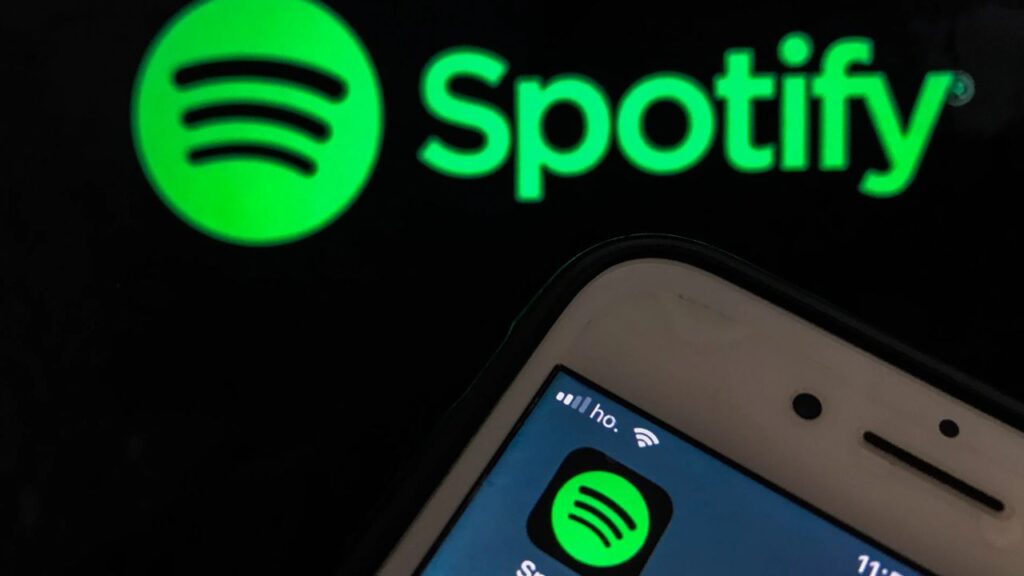
Spotify has begun introducing its long-anticipated Lossless Listening feature to Premium subscribers, starting with select countries. The upgrade lets listeners stream music in 24-bit/44.1 kHz FLAC, a high-resolution format designed to deliver richer and more detailed sound compared to standard streaming quality.
Gustav Gyllenhammar, Vice President of Subscriptions at Spotify, said the company took time to ensure the rollout focused on both quality and ease of use. “With Lossless, our Premium members will now enjoy a significantly enhanced listening experience,” he noted.
What is Lossless Audio?
Lossless audio refers to music files that are compressed without discarding any of the original recording’s data. Unlike traditional formats that compromise quality for smaller file sizes, lossless audio maintains every detail, giving listeners a sound closer to the studio recording.
Spotify allows users to set different quality preferences for Wi-Fi, mobile data, and downloads. Choices range from low to very high quality, with clear indications of how much data each option consumes.
Availability
The new feature is already being enabled for Premium users in over a dozen countries, including the US, UK, Germany, Japan, Australia, and Sweden. More than 50 markets are expected to gain access by October. Subscribers will receive an in-app notification once the option becomes available on their account.
Lossless streaming is supported on mobile, desktop, and tablet apps, as well as on compatible Spotify Connect devices from brands such as Sony, Bose, Samsung, and Sennheiser.
How to Activate
To switch on Lossless Listening:
- Open the Spotify app and tap the profile icon.
- Go to Settings & Privacy → Media Quality.
- Select lossless audio for Wi-Fi, cellular, or downloads.
After activation, a small indicator will appear in the Now Playing screen and the Connect Picker to confirm that lossless audio is enabled.
Things to Keep in Mind
Spotify recommends streaming lossless music over Wi-Fi with wired headphones or speakers, as Bluetooth connections currently compress the signal due to bandwidth limits. The company also cautioned that lossless files are larger, which may slightly delay playback when starting a track.
With this rollout, Spotify joins competitors such as Apple Music and Amazon Music in offering high-resolution audio, giving subscribers more choice for premium sound quality.




